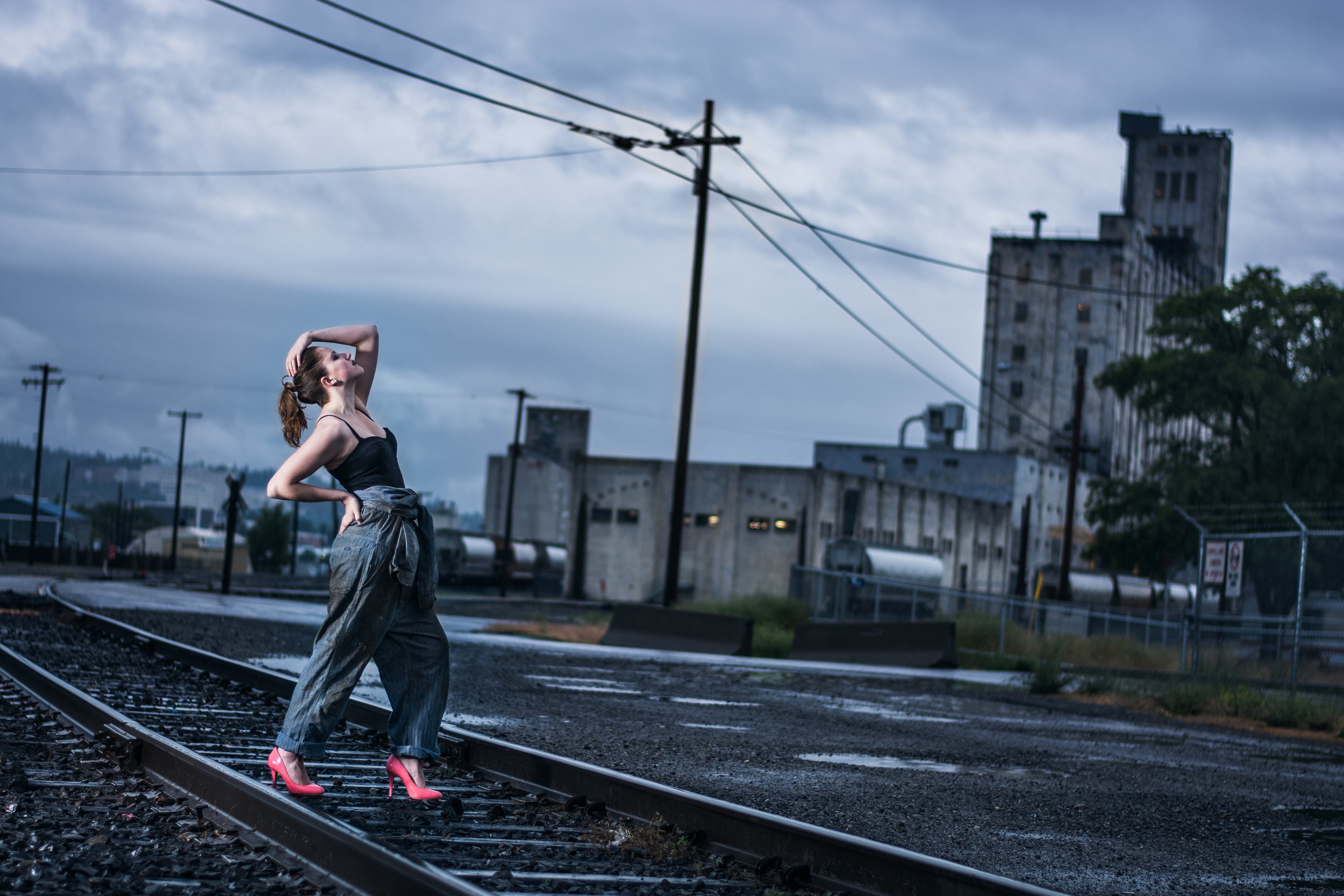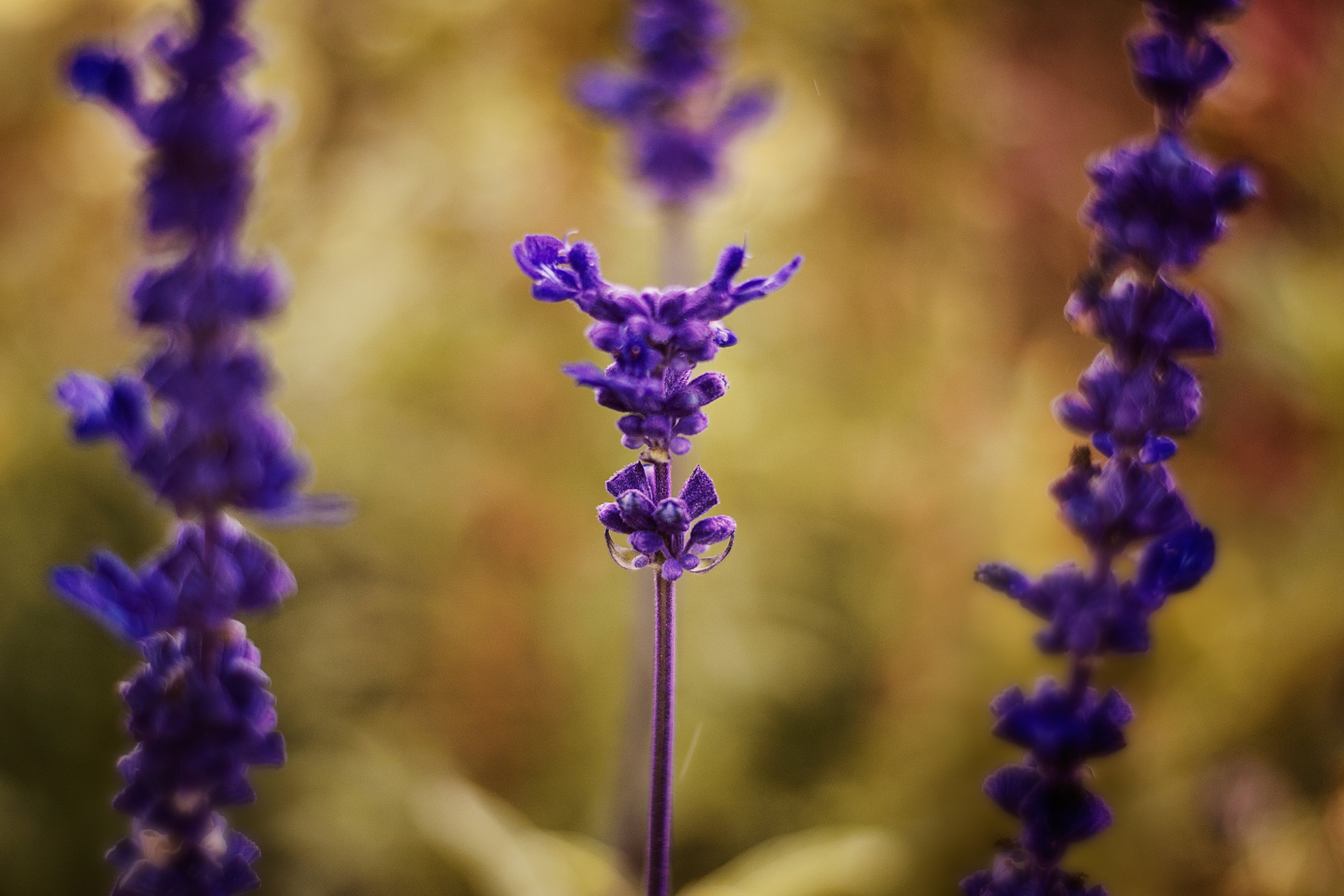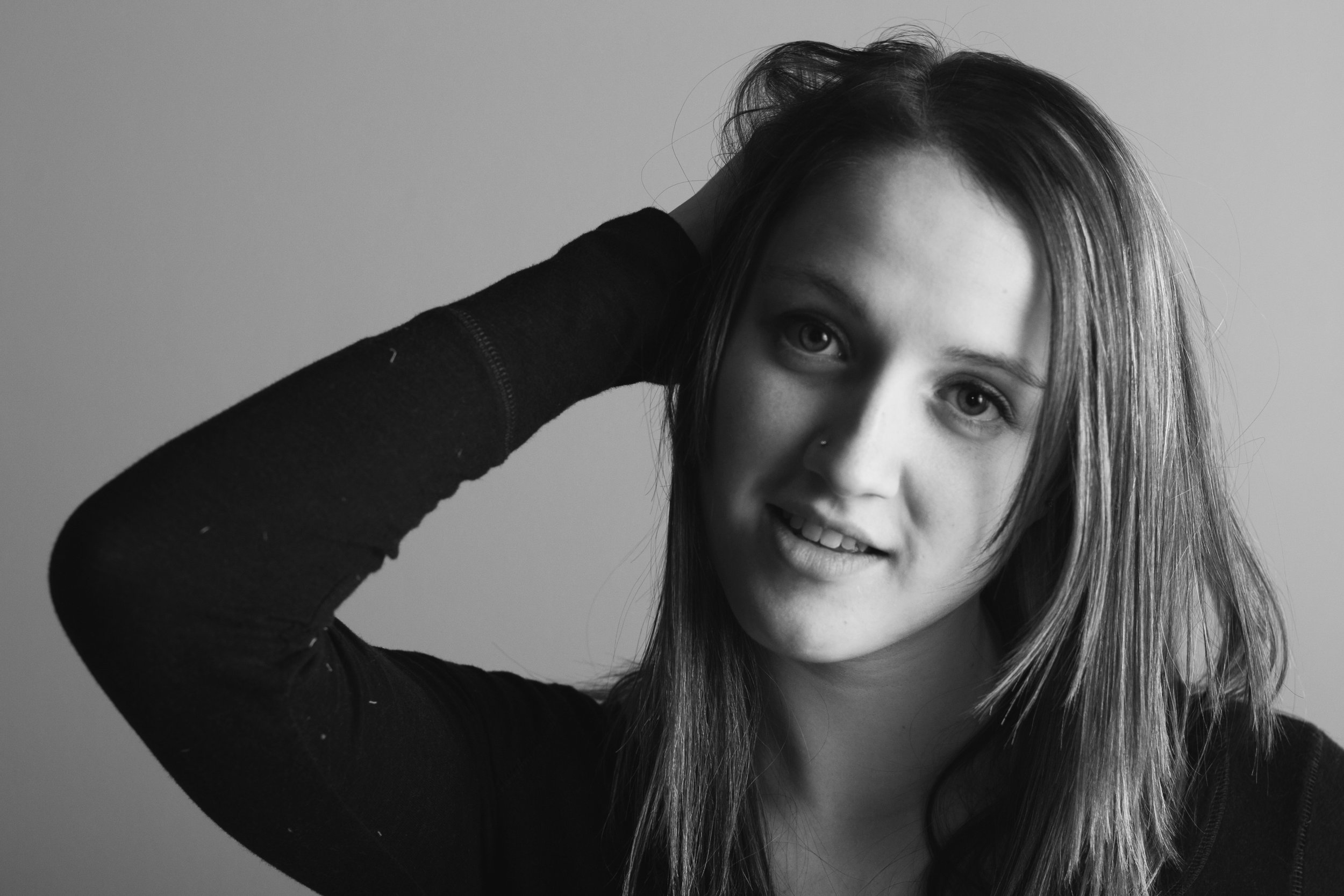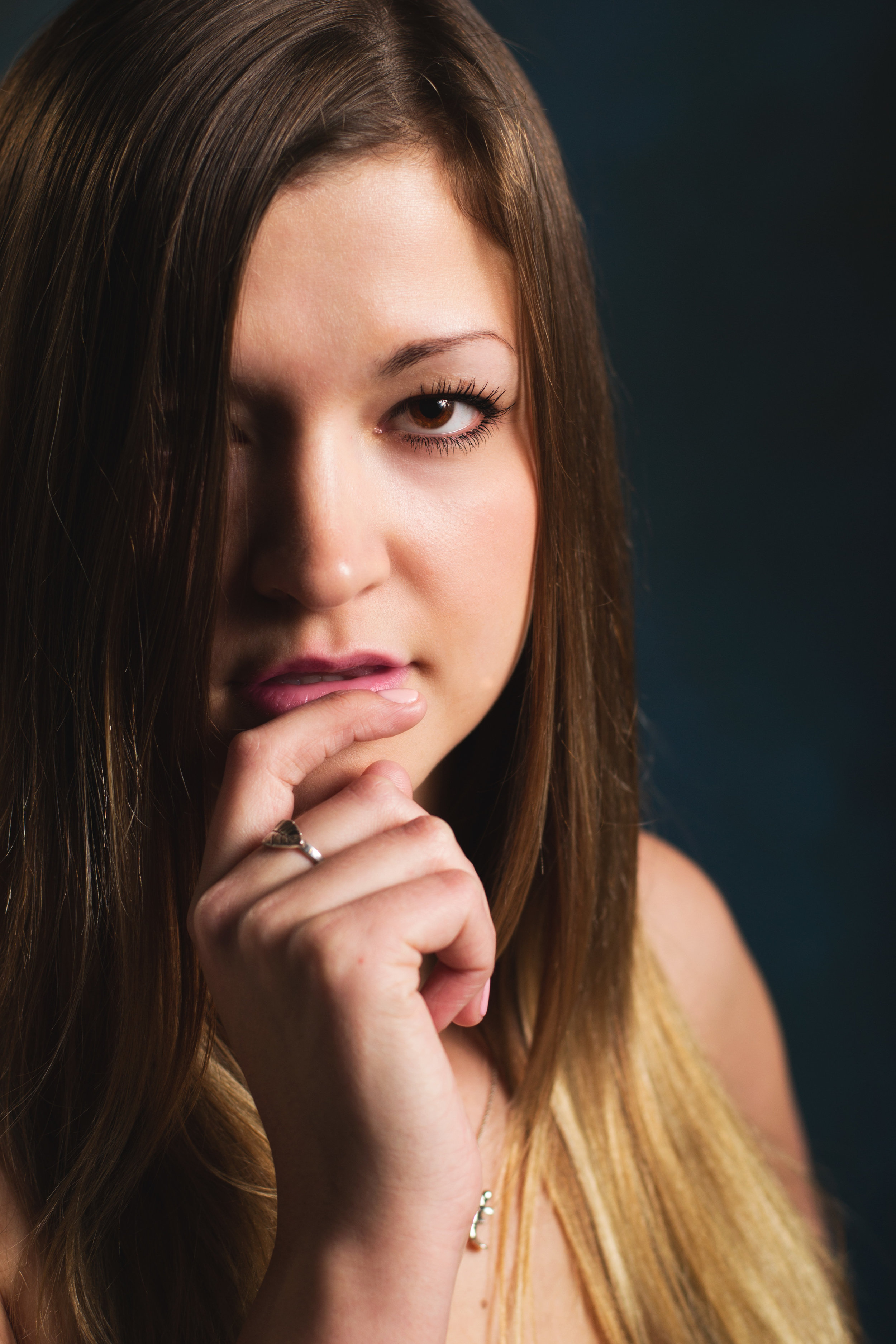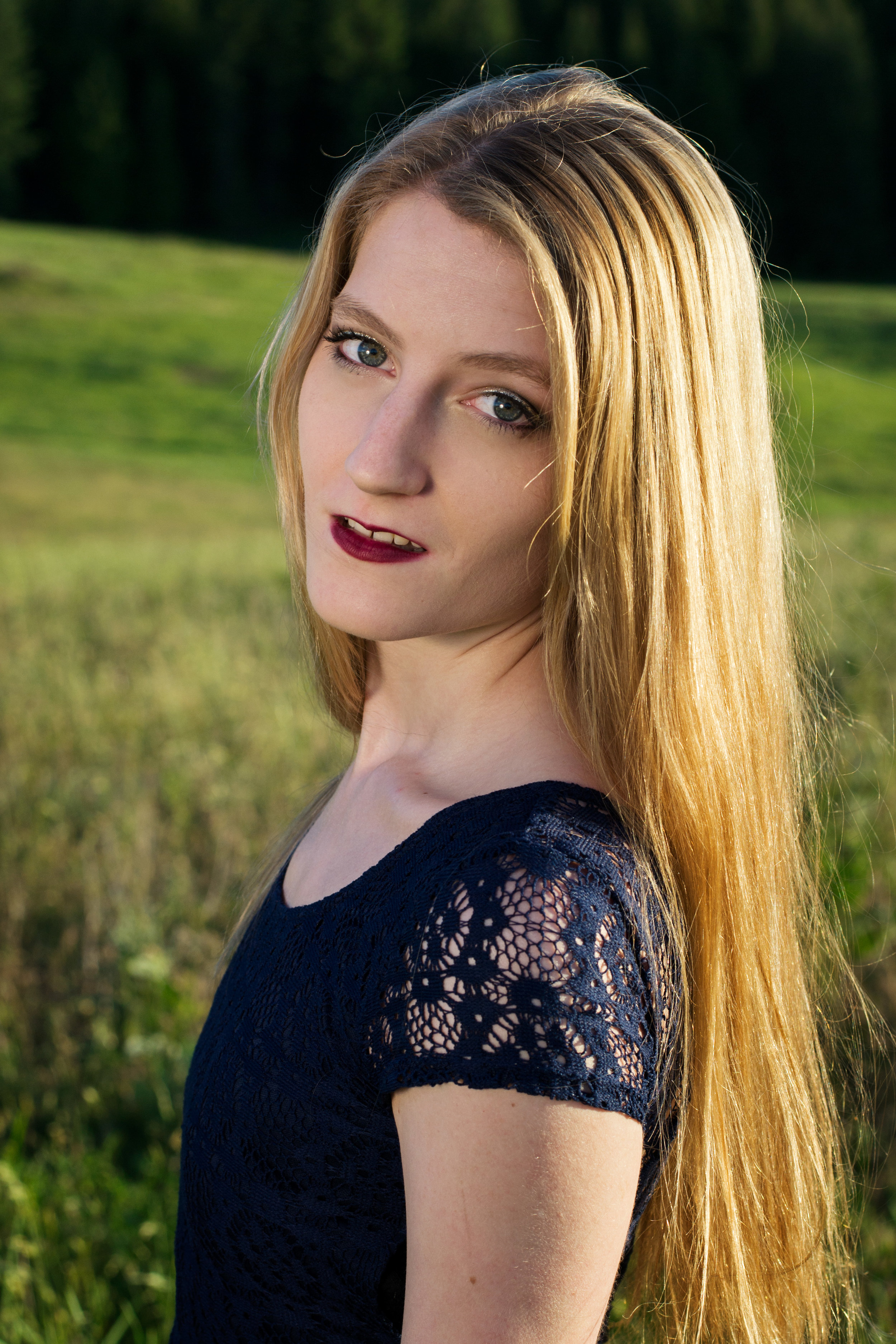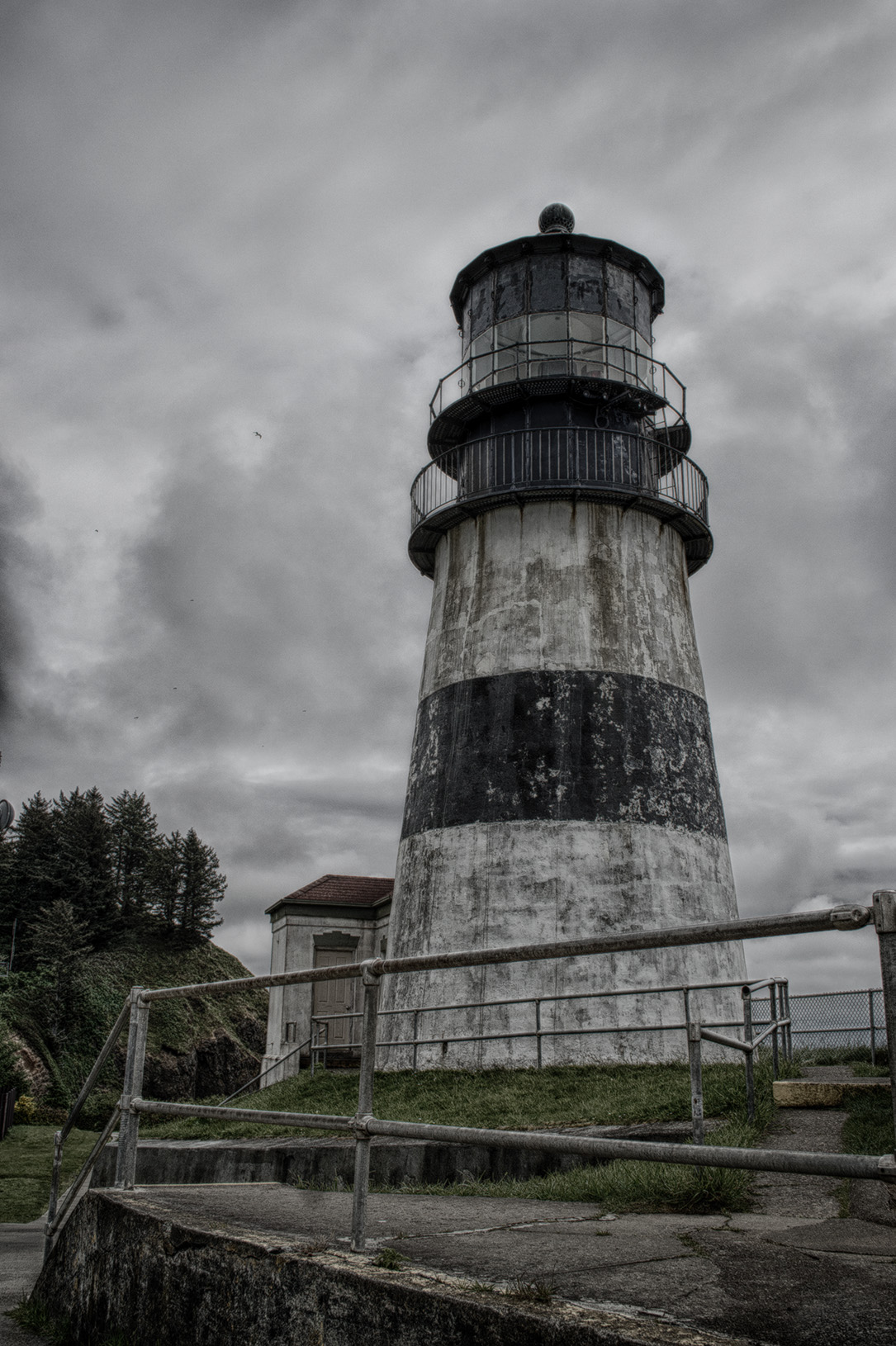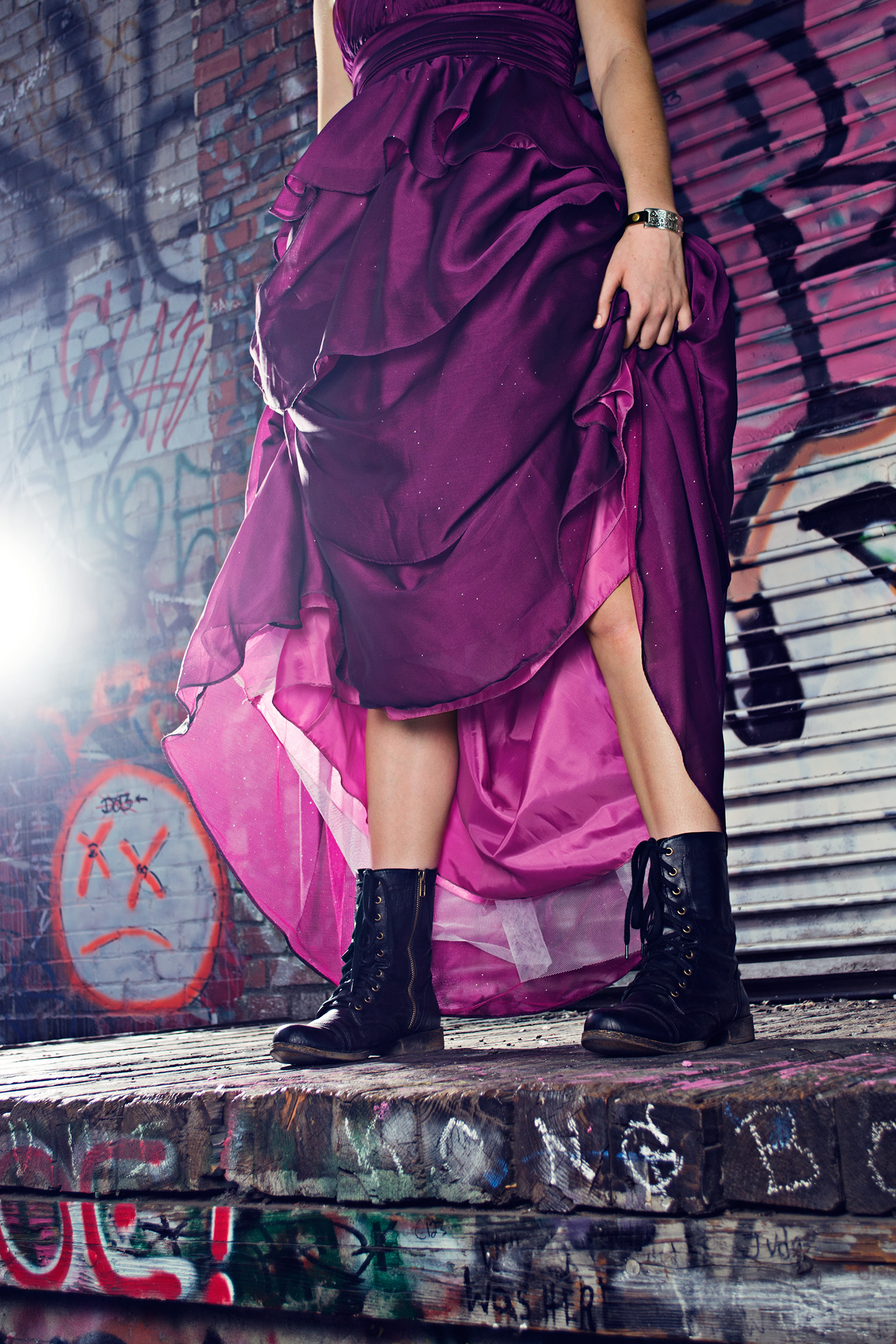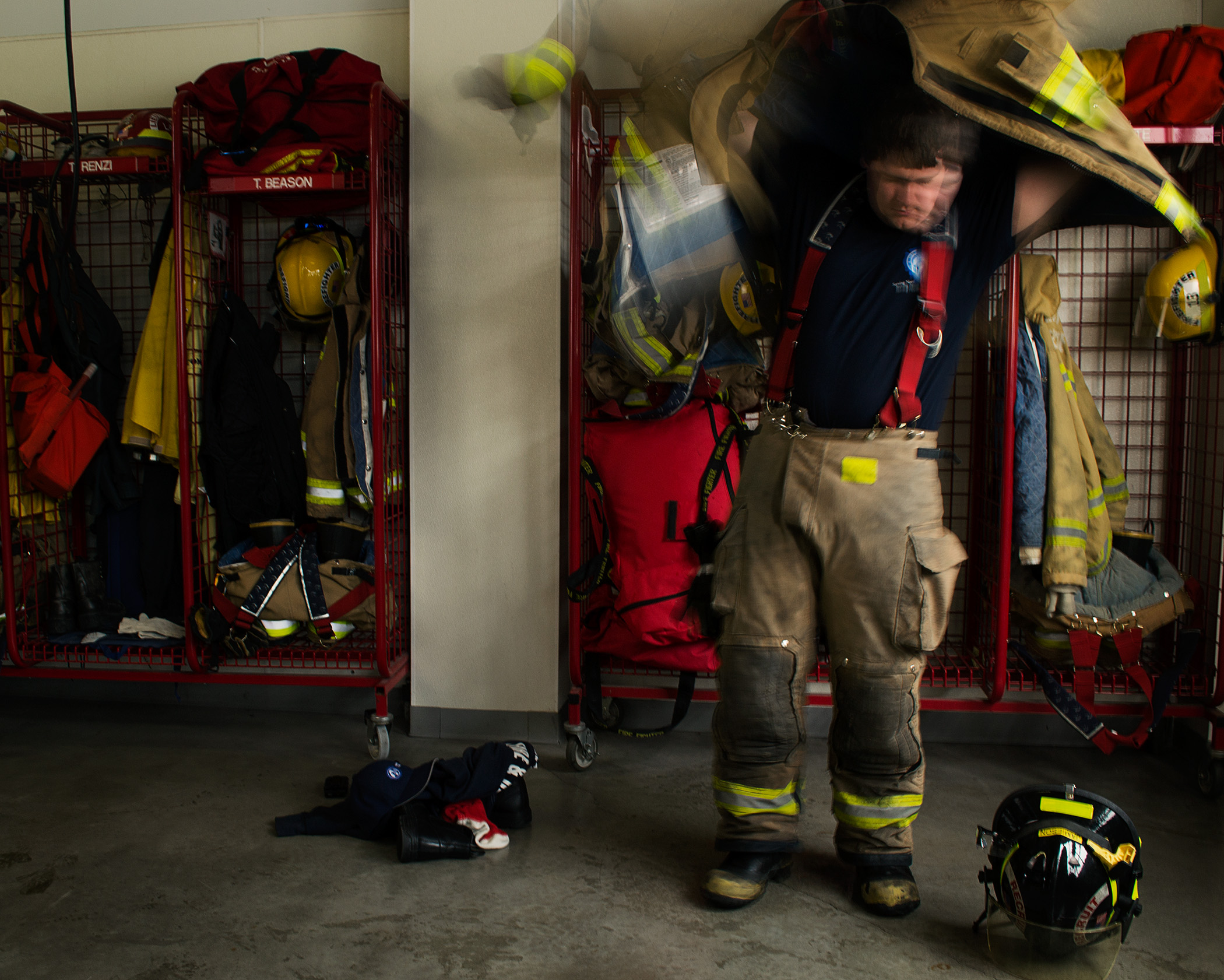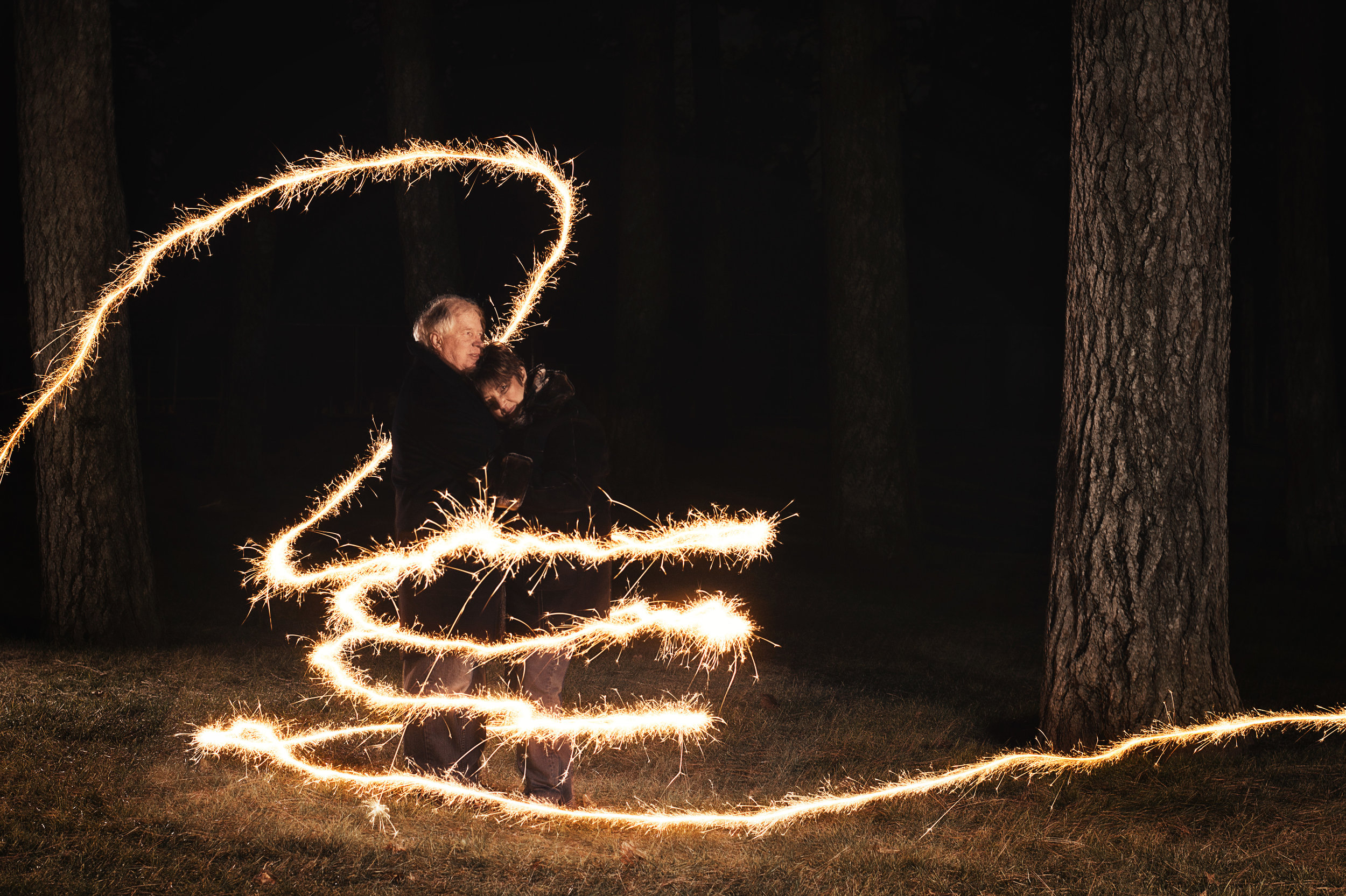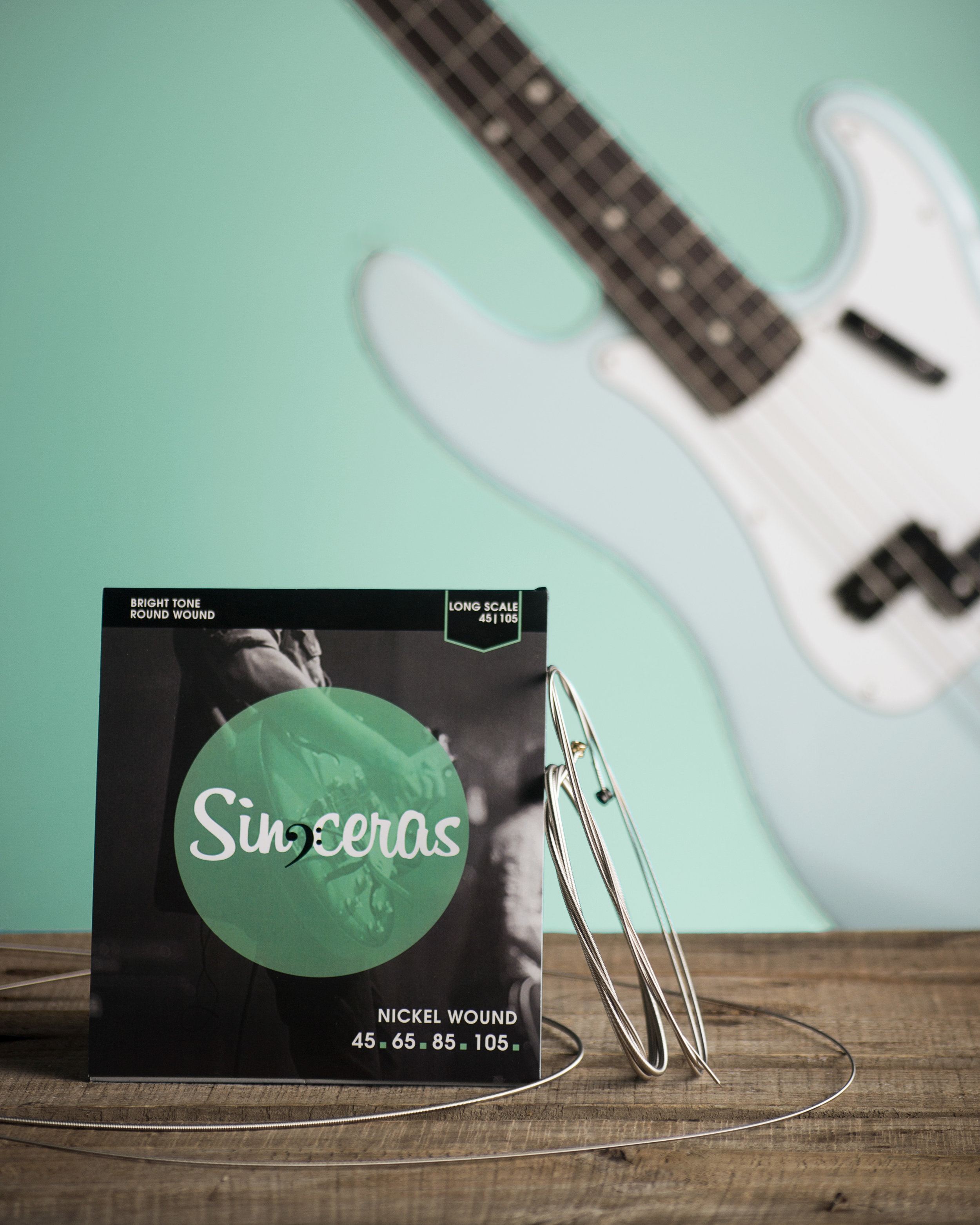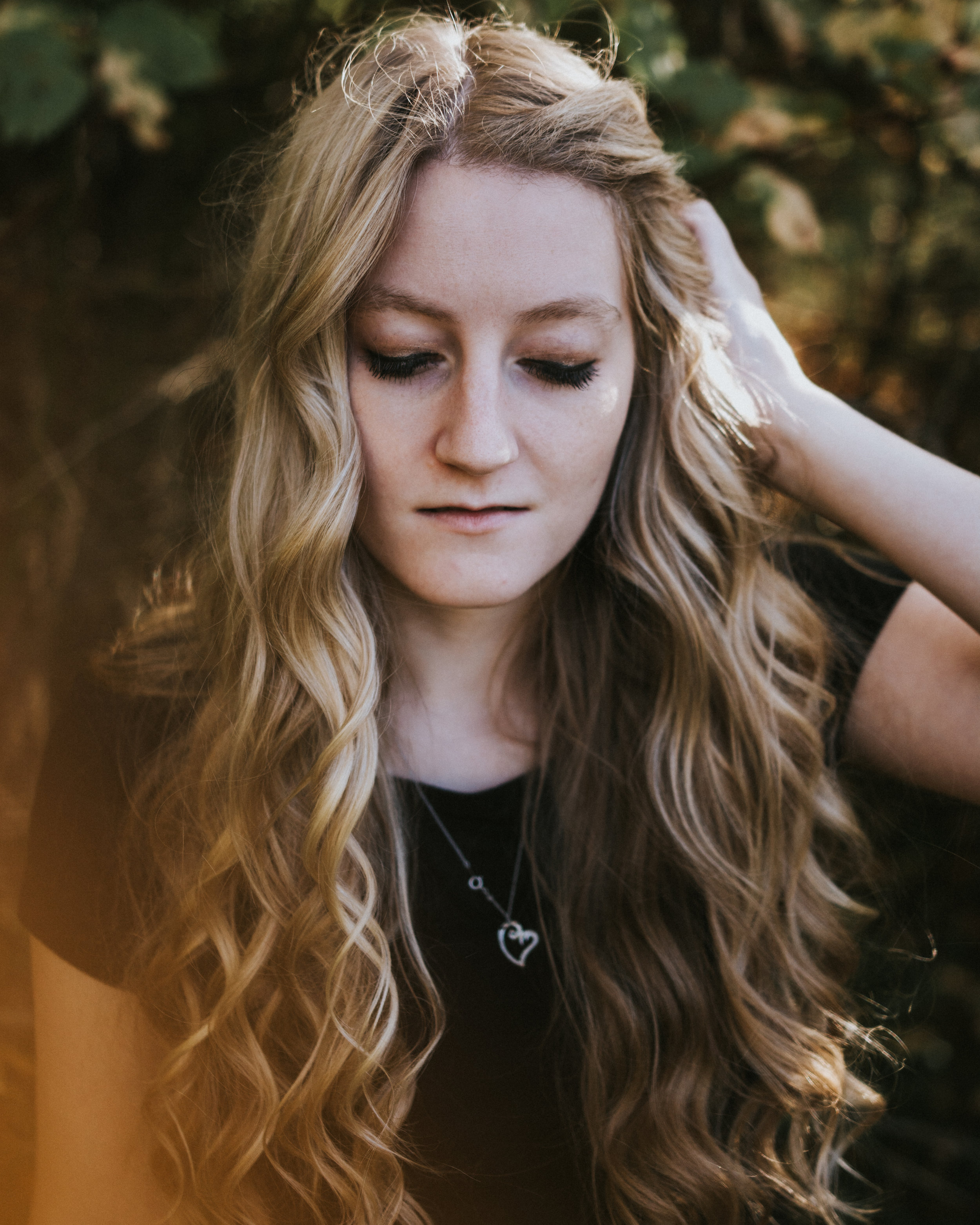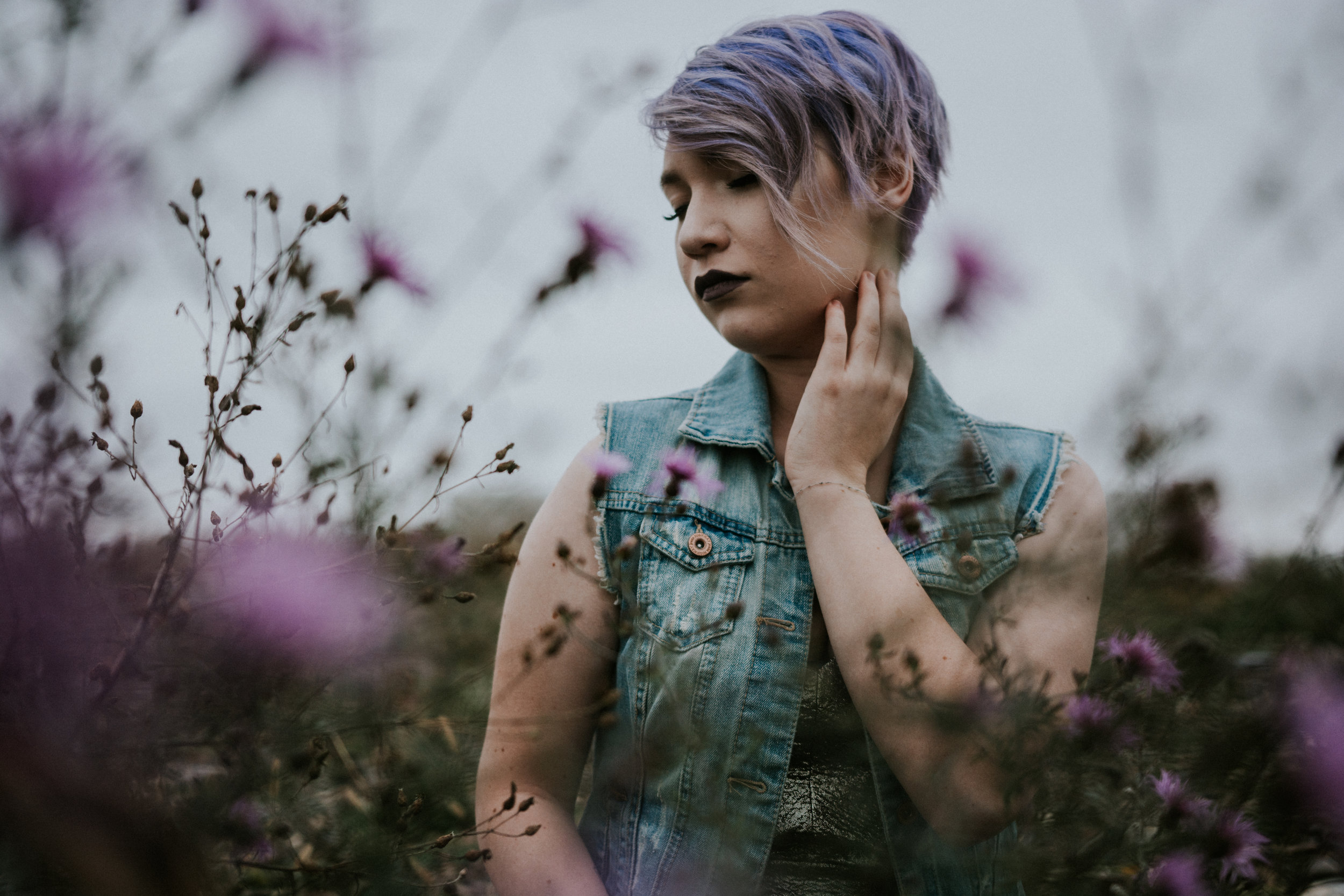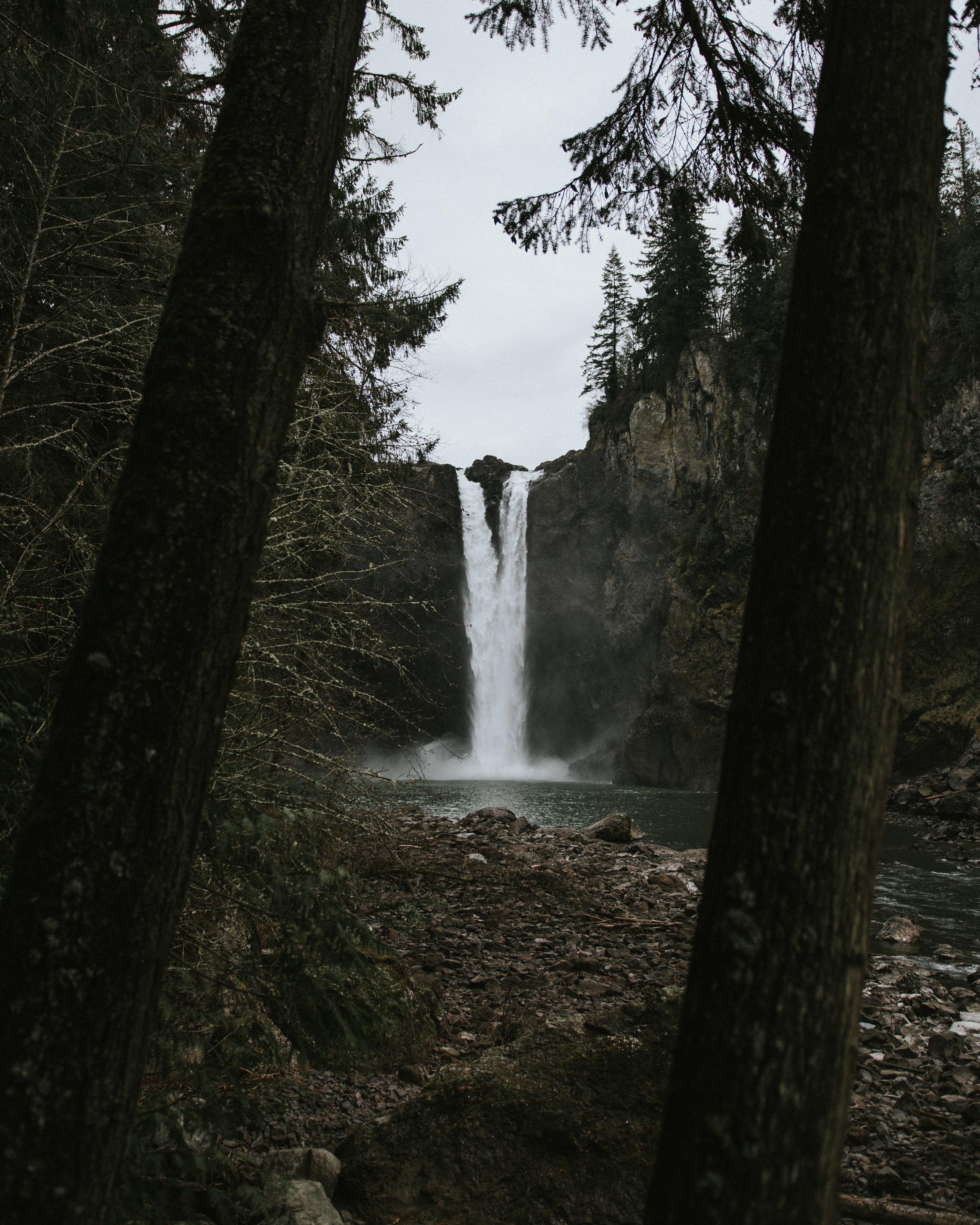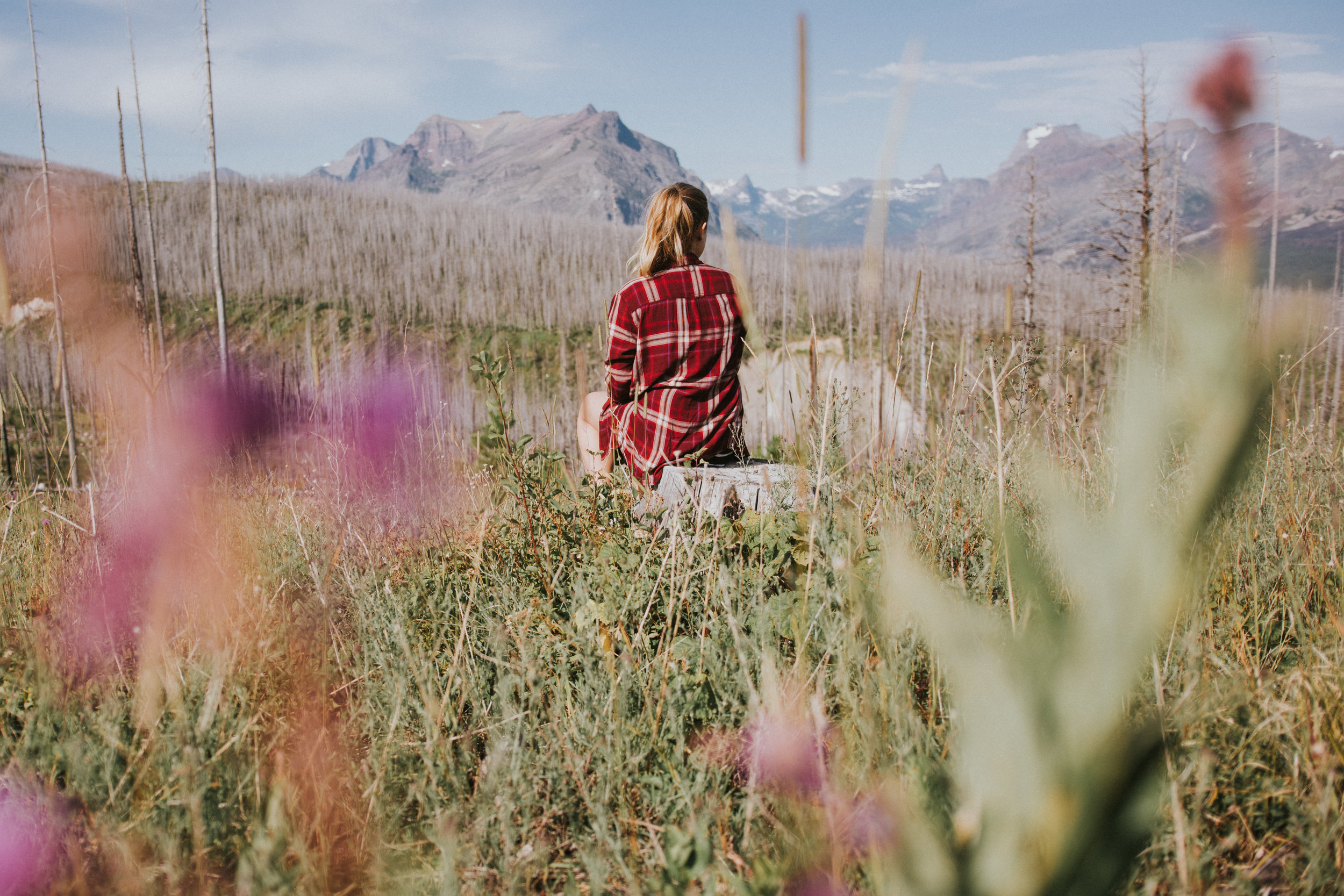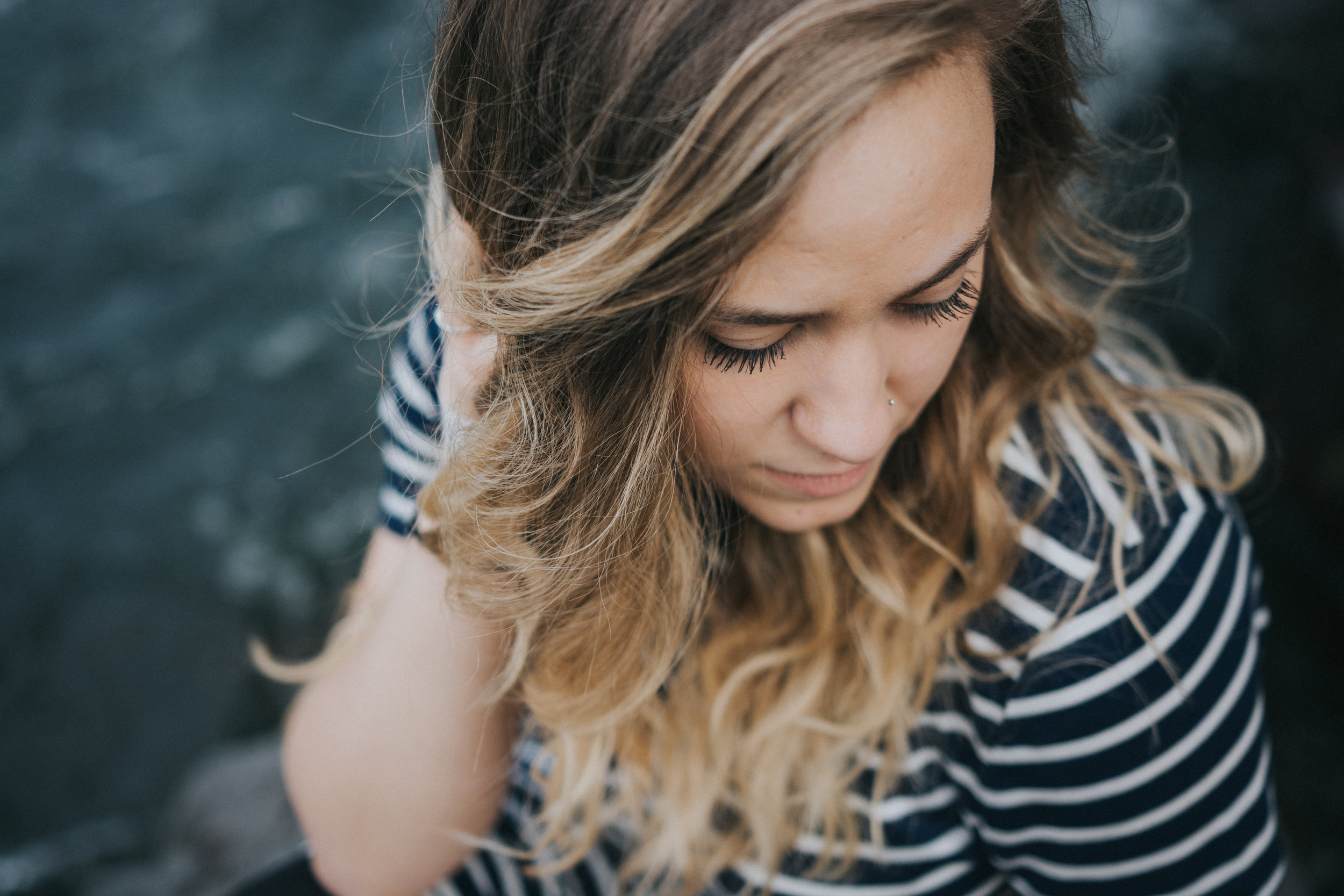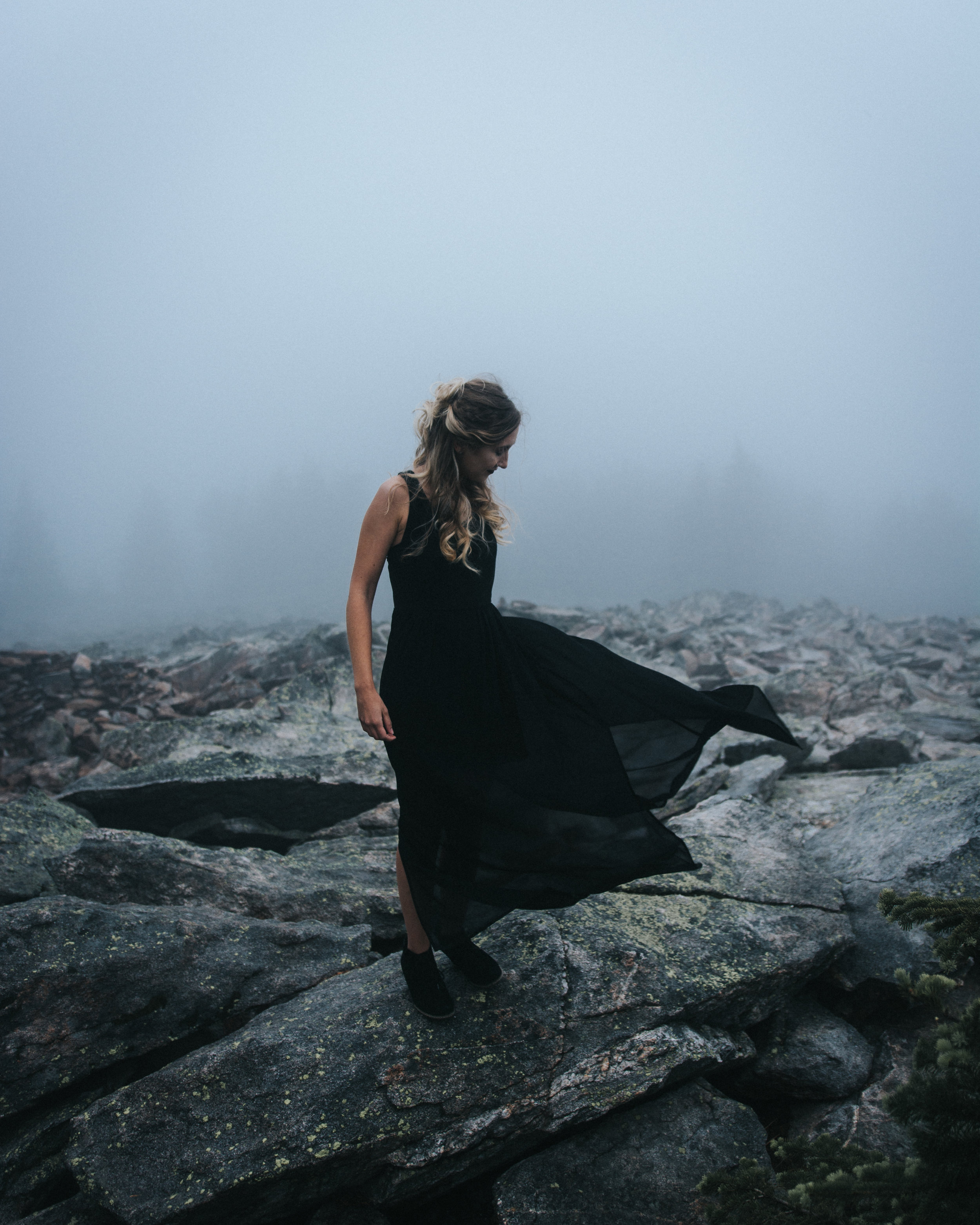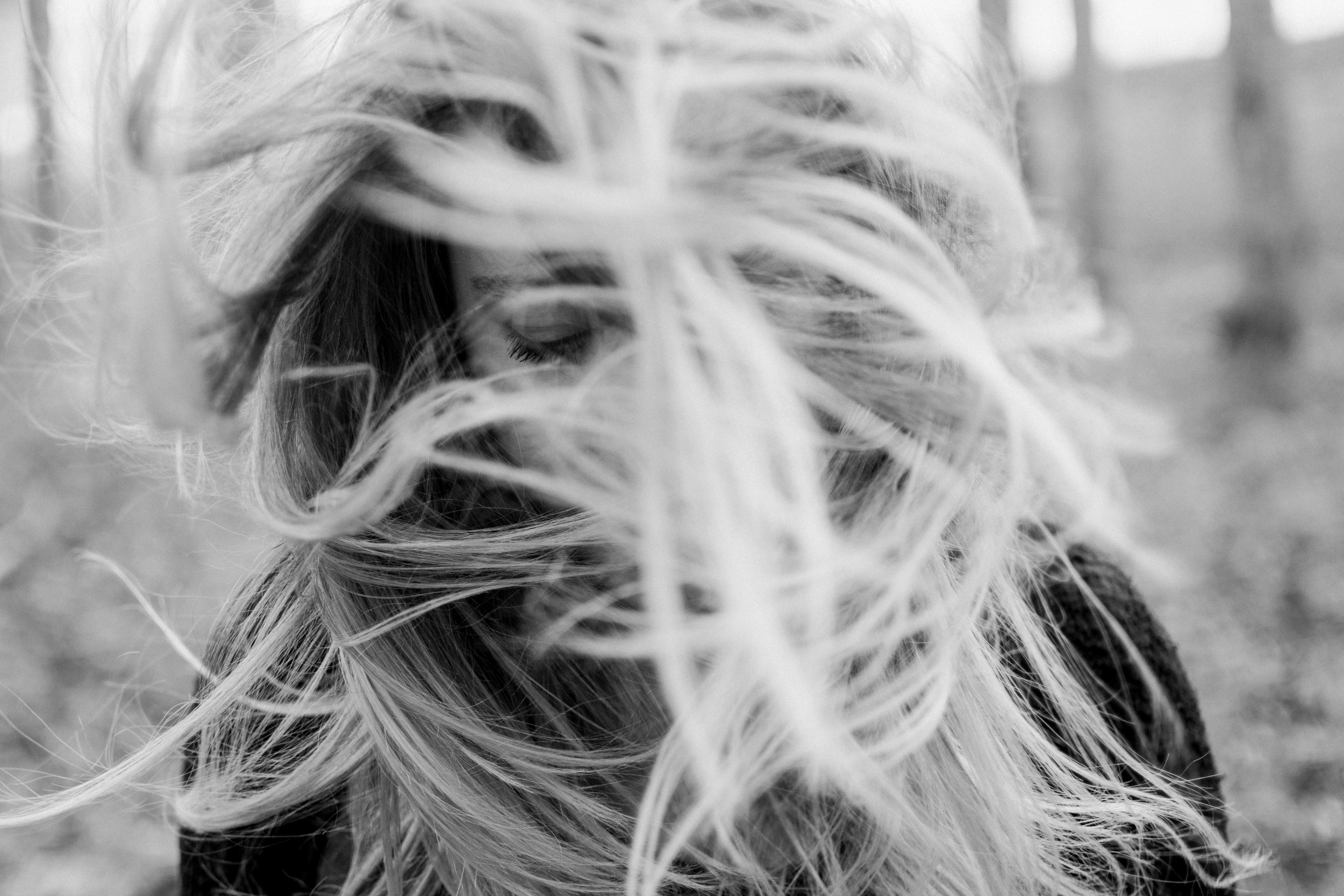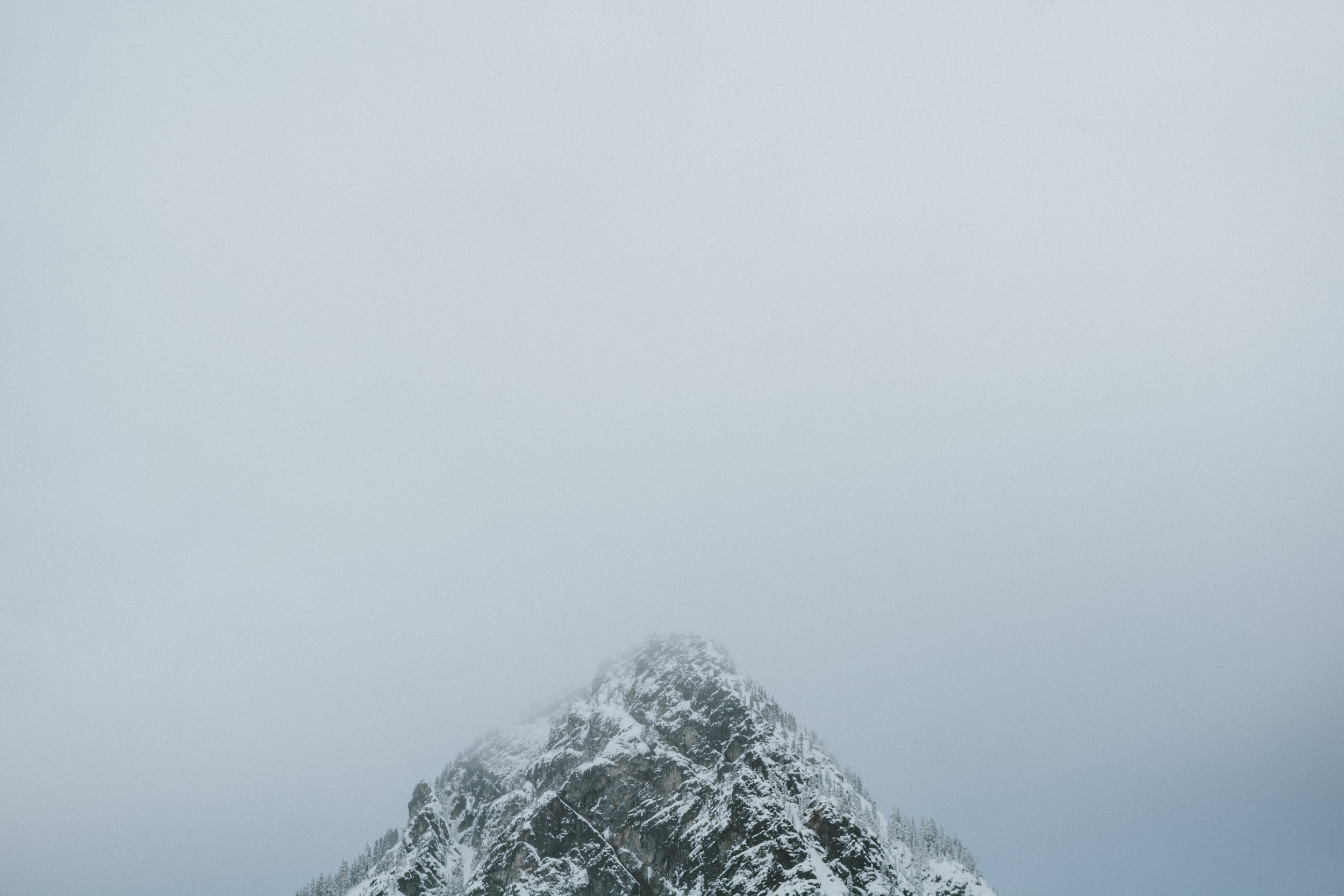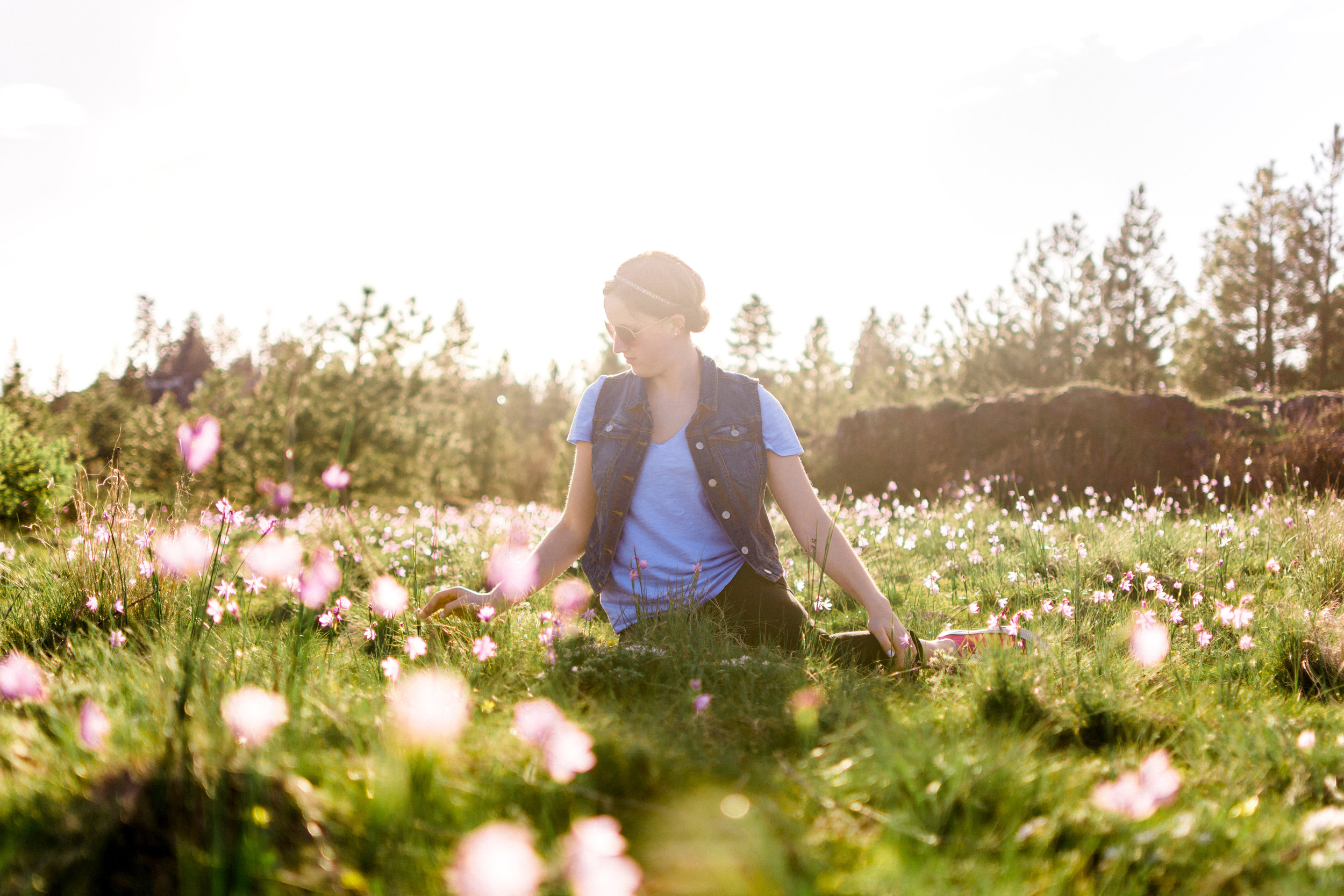My 10 Tips For Beginner Photographers
Okay. So I just want to start this off by saying that by no means do I think I'm an absolute, technical professional, nor do I think I've "made it" in this business and that I know all there is to know. I've still got an insane amount to learn about developing my style and the business side of everything, but I've got enough experience under my belt now that I want to share that with beginners who are looking to further their skill. Whether you just got a DSLR, are looking to do this professionally, or just want to get better iPhone shots, I've compiled a list of things that I think will help with that! These are all things that I wish I would have known when I was starting out, and so I want to pass them off to those that are where I was 4 or 5 years ago.
So without further ado, I give you: my top 10 tips for beginner's photographers. (Warning: this does not include technical tips about your camera or general rules of exposure and camera settings. If you're looking for something along those lines, google can give you millions of articles on those topics.)
1. Try literally everything. I say this because when I was getting my AA-S in Photography, I absolutely swore up and down that I would never be a wedding photographer. The thought of it stressed me out and I never wanted to deal with something that time consuming. Now, over half of my current business is weddings! I actually love it, and want to book even more of them in the future. However, I never would have known this if I wouldn't have taken on an internship with a newborn photographer (something I also said I never wanted to do, and still don't, but at least I gave it a try!) who had me 3rd shoot a wedding with her, and I actually fell in love with all of it! Going to college gave me easier access to trying different types of photography, so I was able to do things in the studio with studio lights, I tried shooting film, I learned product photography, landscape, portrait, fashion, conceptual, and everything in between. That was just the start of narrowing down the things I wanted to shoot professionally. I would have not come to my current standpoint if I didn't try all types of photography to figure out what I liked and didn't like. I highly encourage you to do the same. It's fun to give all of it a go, and you'll find your passion in one (or more) of them and run with it!
These are some of my various school assignments from my time at SFCC, 2012-2014. You can see I tried a ton of different stuff, and you can also tell what I brought along with me to my current style of work, and what I left behind!
2. Learn on the right software from the get go. I was (very shamefully) that person who used to use PicMonkey, a website where you could upload your jpegs (NEVER shoot in jpeg, just shoot in RAW and save yourself the headache later on), and slap an awful cross process filter (think Instagram circa 2012), and I thought it looked amazing. NEWS FLASH, that stuff looked terrible, and I would never ever encourage anyone to start with something like that. The camera is your number 1 investment, but number 2 should definitely be editing software! Adobe makes the industry standard stuff, so sign up for Lightroom or Photoshop (or both, if you really wanna go for it) and learn how to edit using those. Believe me; if you just start learning on those instead of something cheaper that doesn't give as good results, it's gonna be such a big learning curve later on when you inevitably get them anyways. I used Photoshop through college and although Photoshop has some incredible tools, it's time consuming to use if you have a lot of photos to edit at once. Lightroom is my absolute go-to, you have full control over all of the settings you could ever dream of, you can batch edit (AKA copy one edit to all of your photos which speeds up the process immensely), and you can get real fancy with presets, if that's your thing.
3. Embrace the imperfections in your photos. It has taken me a long time to learn, and I'm still learning, that no photo you will ever take is going to be 100% perfect or up to your standards. In fact, that's probably a good thing, because it means that your always growing and getting better! You will always struggle with blown highlights, missing focus, unwanted flyaway hairs, crooked horizon lines, and weird lighting, and that's just the harsh truth of it. If you can look past those little things, learn how to correct them in editing to the best of your abilities, and just embrace them, you will be much happier with your work as a whole. It's extremely easy to nit pick a photo down to every pixel, but that will never help you improve, and it will only make minimal improvements to your photo, technically. Learn to look past the technical crap and shoot things with meaning and intention.
4. Share often AND consistently, with intention. Half of the battle in photography is growing enough of a following to get your photos out there in the over saturated world of other photographers. The number one way to build your audience is to share as often as possible, and to be consistent with each photo or blog post. If you can, pick one time of day where you share at least one photo every day on Facebook, Instagram, or Twitter. I always notice a difference in my following when I try hard to post daily, and at the same time every day. (Google things about good posting times on Instagram... it's kind of crazy.) Another important thing is to only share the things that you actually are proud of, and write meaningful captions with them. No, I'm not talking about posting a picture of a mountain with the caption "not all who wander are lost". Now, you've become one of the millions begging for followers with something entirely unoriginal. What I mean is, if you post your favorite photo from a hike, talk about where you went or why it was awesome. People will always be more interested in a story or a little excerpt about the photo, and it's way more genuine anyways. Trying to share something every day will build your confidence, and it will help you see what you like and don't like to shoot.
If you want to see an example of what I share every day, head over to my Instagram page!
5. Shoot for yourself. Plan and conceptualize your own images, based off of the things you enjoy doing, or seeing. Let your life, your surroundings, and your personality influence your images. My surroundings and my personal style heavily affect my photography: I love the outdoors and I live in the Pacific Northwest, so a lot of my images are in natural wooded/mountainous settings with natural lighting. I favor neutral tones and pastel colors more than bright fluorescents, and you'll notice that in the clothing that I choose when I style a portrait shoot. When I first became interested in photography, I loved the super soft, shallow style of other portrait photographers, and now that is something I've adapted as my own. Do you see what I mean? Let "you" come out in your work. It will be so much more meaningful to you, and you will enjoy your work a lot more. Additionally, people will attribute your photography to you as a person, and will want to hire you because of your style, not someone else's. Make your photos unique and shoot things that represent your personal brand!
“Photography is a love affair with life.”
6. Foreground, middle ground, and background. Add layers to your photos to make them more visually complex. You'll notice that a lot of times, I'll throw a leaf or a tree branch in front of my lens to add some extra dimension to my subject, which just changes things up from the norm a little bit. Practice with using things in nature or in your location as natural framing to add to the image as a whole. Watch our for distractions in your background, and inversely, look for things in the background that might make the photo more interesting. Also, never let a tree grow out of someone's head. AKA, make sure your subject isn't directly in front of a tree or a pole or anything that might look like an awkward merger. Paying attention to all the little details is what will step your stuff up a notch!
Here are some examples of layering in my work:
7. Learn the rules, and then break them. Be a little rebellious. The rule of thirds is a fantastic way to get comfortable with framing and composition, but don't let it rule your photography completely. It's okay to over/under expose, cut the top of someone's head off in the frame, have blown out highlights, or center someone right in the middle of a shot, as long as you're doing for a reason, and not just to be sloppy. A trained eye can always tell the difference between a lazy photographer and someone who broke a classic photography rule to actually make the shot even better. The "rules" of photography are honestly old, and outdated, and sometimes you'll miss a better photo if you try to stick to them too much. Experiment and shoot one scene 20 different ways! You might find that the one that isn't "technically correct" actually looks better. Trust your gut, and your eye.
Each of these photos breaks a classic "rule": overexposure, underexposure, clipped highlights or shadows, soft focus, cut off heads, etc. But they work, if you use them intentionally!
8. Gear doesn't matter. (For now.) Get whatever you can get your hands on, and just start shooting. If you're buying your first camera, don't worry about specs, and just get something that you can put in full manual mode, so you can learn all the settings. Once you feel comfortable with a DSLR in hands, and learn it's limitations, then you can start looking at tech specs and upgrading. Honestly, a huge bulk of my favorite photos that I've ever taken, I took them on my iPhone. It's all about good lighting, and good composition first! I guarantee you that a seasoned professional would take a better photo on a flip phone than a beginner would take on a full frame DSLR. Just get a camera and dive into it head first!
The images below are all some of my favorite landscapes, taken on an iPhone, processed with VSCO. You can do so much with something that's already in your pocket everyday, so don't sweat having the biggest, most expensive camera ever.
9. Ask everyone you know to get in front of your lens. If you've decided that you want to try to make photography a business, the absolute number one way to grow your business fast is through word of mouth. By asking as many people as you know if you can shoot with them, and getting a diverse group of people in your portfolio, potential future clients will see that you are capable of doing a lot of different things! Practice doing portraits with your friends, not only will it amp up your skills, but it will allow their friends and those people's friends to see what you can do, and possibly hire you down the road. At least half of my clientele are people I'm already familiar with.
10. Ultimately, it's okay to fail. Getting into photography means you need to be comfortable with failing. A lot. Especially when I was in college, we would get assignments that I just could not get right or could not manage to wrap my head around, and it was hard not to associate that struggle with my level of skill. Failure can be so frustrating, and it can be so easy to take it personally. Did you know that for every wedding you see me post, I probably missed booking 2 or 3? At first, that sucked so bad. But I've been learning over time, that it's okay, because my style or price point just isn't for everyone! If you fail at something you are trying to achieve with your photography, that doesn't mean that you can't do it. You just need to adjust your perspective and realize that, just like everything else in life, failure teaches you a lesson for next time so you can change what you do, or be even better. This is especially crucial in the editing process: keep a close eye for the things you would change or do differently as you edit, so you can make notes and change them the next time you shoot. If you can learn to grow from your perceived "failures", you will get where you want to be. I promise.
If you made it to the very end of this horridly long list, congrats! I hope that as a beginner, some of these things could shift your mindset and push you forward. If you ever want to ask me any questions about any of these things, or even other things you might struggle with, don't hesitate to leave them down in the comments of this post, or send me an email! Happy shooting, everyone!

